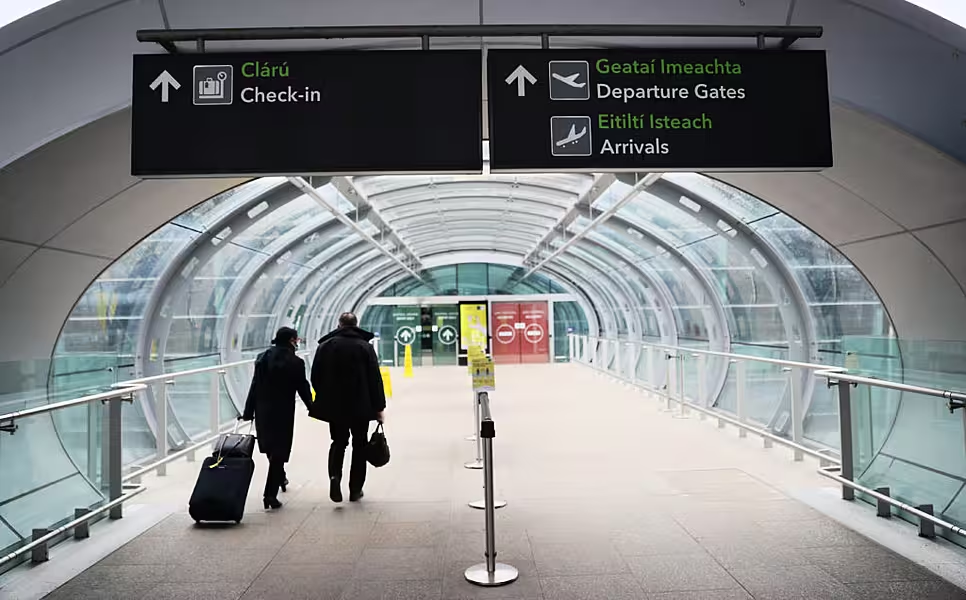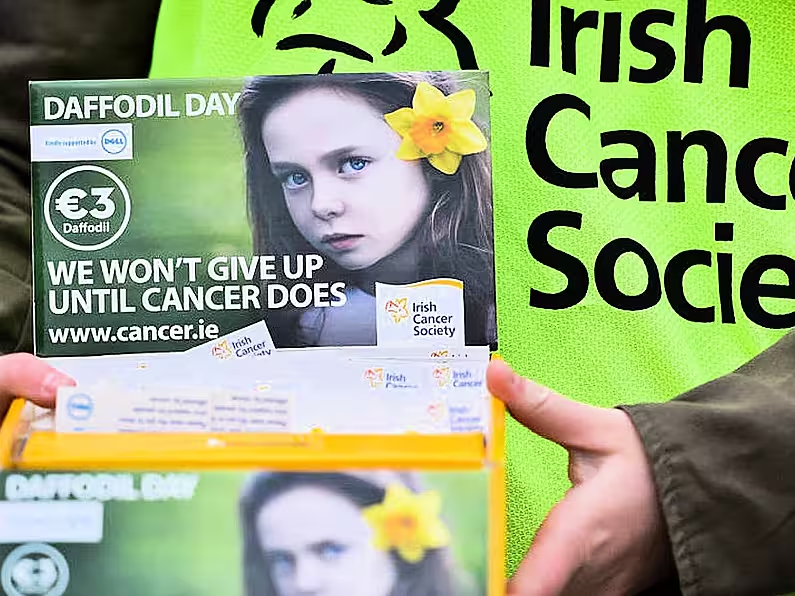
Vivienne Clarke
Ireland’s current lockdown could have been avoided if a mandatory hotel quarantine system had been in place last summer, according to a professor of genetics.
Trinity College’s Professor Aoife McLysaght, a member of the Independent Scientific Advocacy Group (Isag), said lockdown was a blunt instrument which could have been avoided.
She told Newstalk Breakfast that Isag had correctly predicted previous waves of the virus.
“We predicted the second wave and third wave, and said not to open for Christmas. That’s what people didn’t like to hear, but was unfortunately what people needed to hear,” she said.
“We’ve been trying to make people see what’s happening and understanding the consequences of actions.”
The Government was not taking on the challenge of widely implementing quarantine, Prof McLysaght said. Instead they had left it to the public to deal with “all the difficulty” of lockdown and a prolonged pandemic.
Prof McLysaght warned that antigen testing is not an alternative to mandatory hotel quarantine, and cautioned that the testing would not detect the virus if someone was infected while they were travelling to Ireland.
South African variant
Meanwhile, a professor of experimental immunology told RTÉ radio’s Morning Ireland that adding France and Germany to the State’s hotel quarantine list would be “sensible” given the significant levels of the South African variant in those countries.
Trinity College Dublin’s Prof Kingston Mills said the biggest threat to the country was the South African and Brazilian variants so it was important to keep them out.
“We’ve had a few sporadic cases (of the variants), but they’ve been contained and that’s the way to do it,” he said.
It comes as the Government has added 26 further states to the list of counties whose arrivals are subject to mandatory hotel quarantine in Ireland.
Plans to expand mandatory hotel quarantine to 43 additional countries, including the United States, Germany and France, sparked a major row within Government and these destinations have not been included on the list.
Prof Mills said a period of isolation for new arrivals was a good thing and that under the previous system, people were not doing that and it had been difficult to enforce.
As the parent of a daughter who was in the US and had already been vaccinated, he admitted that he felt a sense of conflict about the US possibly being added to the list for mandatory quarantine and not being able to see loved ones.
Rapid testing
Prof Mills also said that rapid antigen testing for the wider population of Ireland could “take infected people out of the system” and add an extra layer of protection in the fight against Covid-19.
While there were valid concerns about the false sense of security such testing sometimes generated, if rapid tests were carried out two to three times a week it could be very effective as it would pick up the presence of the virus during the peak of infection, he explained.
Rapid antigen testing could be used in schools, universities, workplaces and at sporting and cultural events, he said.
The system was already being used in meat plants in Ireland and in other countries. “It Is not being used as widely as it could in Ireland.”
People could have a negative rapid test result, but still be incubating the virus which was why they should be tested two to three times a week, he said. “If it’s being done frequently it will be picked up. It will take infected people out of the system.”
“There are huge advantages (to using rapid antigen testing) as an extra layer of protection.”











